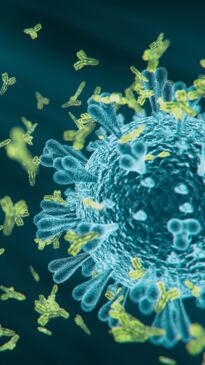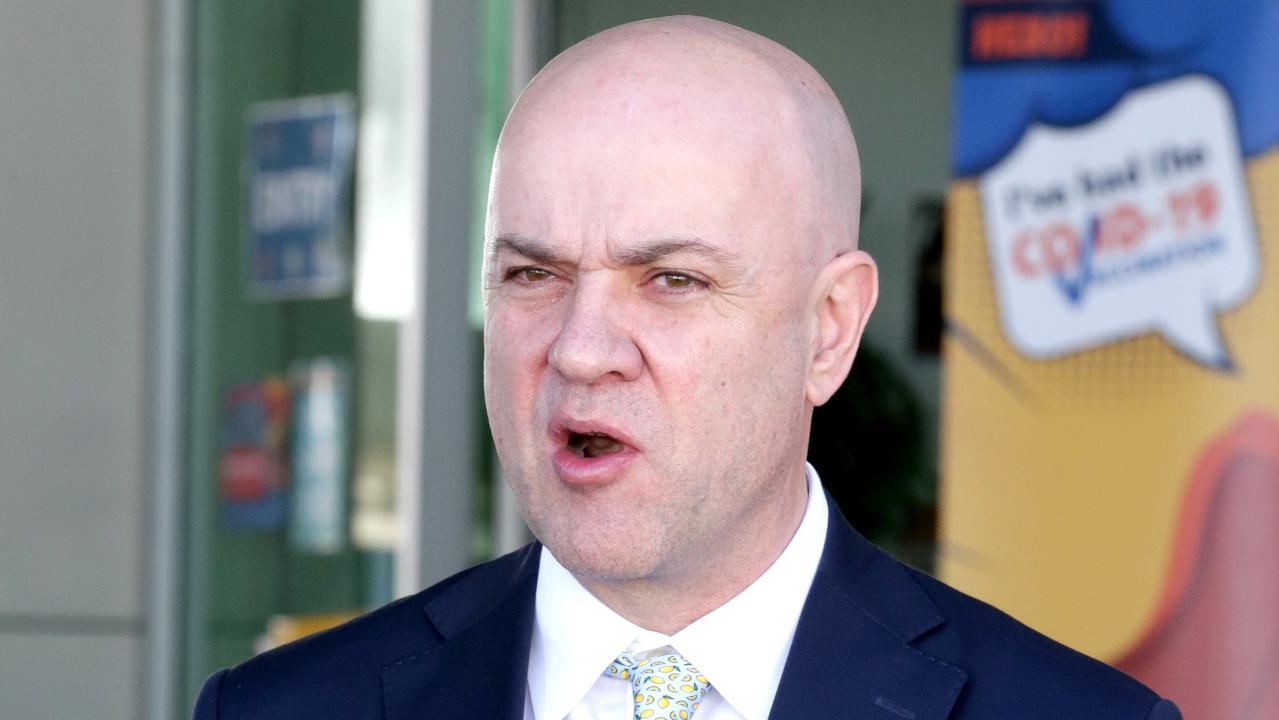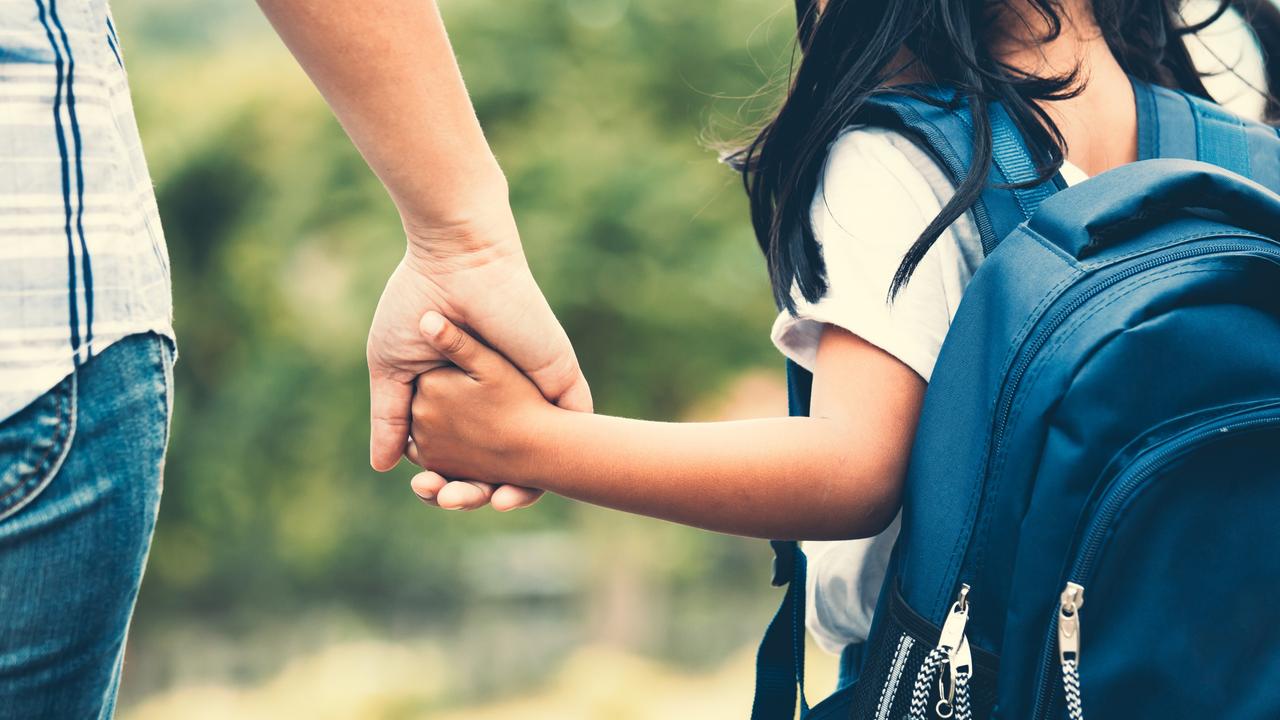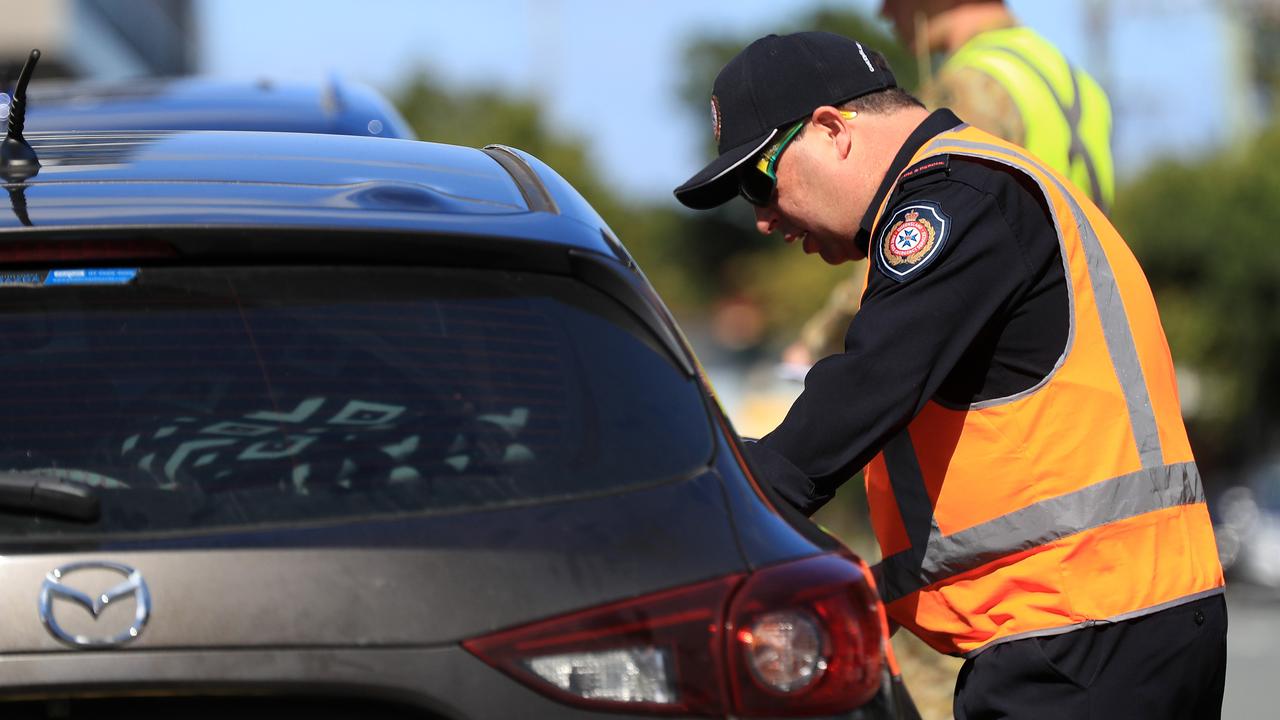Unseasonable spike in illness sparks school warning from CHO and asthma experts
Queensland’s top doctor has issued a warning as children prepare to return to school next week, with a wave of respiratory illnesses putting one group of students at particular risk.

QLD Coronavirus News
Don't miss out on the headlines from QLD Coronavirus News. Followed categories will be added to My News.
Children with runny noses, coughs or sore throats should not return for the first day of the new school year, warns the chief health officer over concerns about an unseasonable wave of respiratory illnesses.
And there is extra concern for children with asthma.
“The recent wave of Covid-19 and other respiratory viruses may help to boost immunity in the general community, however, the return to school could result in further transmission,” Dr John Gerrard told The Courier-Mail.
“The potential for further transmission is a concern and the most important advice I can give is to keep sick children at home to stop the chain of transmission.”

As of January 15, there were 481 cases of respiratory syncytial virus and 3806 cases of Covid-19 in Queensland, with the number of cases in school-aged children remaining low — with 26 cases of RSV and 35 cases of Covid.
Numbers are higher in children under five with 136 cases of RSV and 104 cases of Covid.
The two viruses are spread through the air.
Dr Gerrard said the state was seeing increased mycoplasma activity, which can lead to pneumonia, with one quarter of tests submitted returning positive.
Dr Louisa Owens, a member of the National Asthma Council Australia Guidelines Committee and a paediatric respiratory physician, said this year it is even more critical for parents of children with asthma to schedule a check up with their GP before heading back to school.
“Every February there is a ‘back-to-school asthma spike’ that sees a sharp rise in children with asthma admitted to hospital due to a change of environment or allergens, sharing a new set of bugs with classmates, which can trigger colds and respiratory infections and possibly missing preventer doses over the holidays,” she said.

“However this year, changes to normal respiratory viral patterns have meant children have already been battling a high rate of infections all through summer,” she said.
Dr Owens said it was unclear why the usual respiratory viral seasons had changed, however it was possible that Covid and extended lockdowns disrupted normal life cycles or patterns for infections or that the impact of climate change has pushed back the start of typical viral seasons.
The CHO said that all Queenslanders played an important role in limiting the spread of infectious diseases. This includes practising good hand hygiene, covering coughs and sneezes with a tissue or inside of the arm and staying at home when sick.




